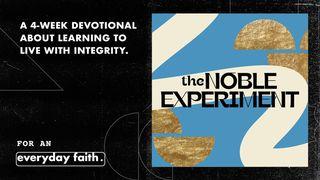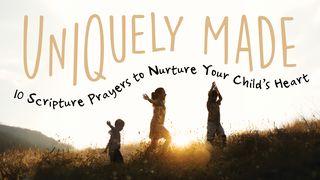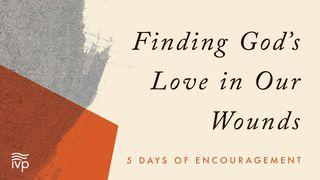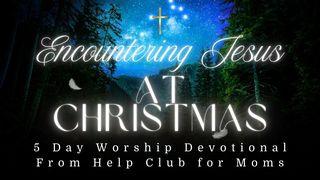Living Lessons on ForgivenessSample

When do we forgive?
When someone has hurt us, the best way to return to joy and fellowship is if they ask our forgiveness. But this is not a necessary ingredient in order for us to forgive, and it depends on the other person doing something they may or may not do. We do not have to wait to be asked. We grant forgiveness as an act of our will and forgive the same way God does—unconditionally. As I consider when to forgive, I picture two scenarios. The first is the practice of forgiving on a “daily” basis within normal relating situations. As we go through the day, it’s easy to ignore someone or snap at someone impatiently or answer a question with sarcasm that hurts. Those daily kinds of exchanges should be dealt with immediately. If I’m the one who growls, I quickly seek forgiveness. (For how, see below.) If someone else hurts me, even if they don’t seek forgiveness, I forgive them. It would be good to talk about it and clear the air, but we do not start a brick wall with one another over daily mistakes.
The other scenario for forgiving is when we have allowed years of unforgiveness to accumulate within a current relationship or we have an accumulation of hurts from others stemming from our childhood or our past. When we don’t deal quickly with daily hurts and offenses, they grow into walls. Perhaps we are in a relationship with a spouse who is neglectful and self-centered. Maybe we’ve tried to talk about our needs, but after many years of hurts, resentment has built up. We can choose to forgive or we can choose to stay miserable. Maybe a spouse has had an affair. They repented and have tried to regain trust, but the other person holds a grudge, refusing to truly forgive. Again there is a choice to forgive or feel miserable. True forgiveness is needed.
Childhood wounds affect all of us. Those wounds cause dents in our souls that lead us to believe lies about ourselves, which then causes us to act in ways that God does not intend. A father may have been absent, a mother may have been sick and unavailable emotionally, a sibling may have abused us, friends may have been cruel to us on the playground, or death may have taken someone we loved. Not only do these wounds need to be healed by Jesus, we need to forgive the offender after we have processed the wound and the feelings connected to it. In any of these scenarios, we grant forgiveness the same way, but the ways in which we continue to relate to those who have hurt us may be different.
Application:
Do you forgive others fairly quickly when “everyday” conflict arises or do you hold a grudge and retaliate? Do you have old wounds that you need to let Jesus heal so that you can truly forgive your offenders? Take time to consider what Jesus would have you do next.
Scripture
About this Plan

This seven-day reading plan features excerpts from Barbara Moon's book, Living Lessons on Intimacy with Christ. Learn practical principles on why, when and how to forgive others. This reading plan also includes practical steps on seeking forgiveness from others.
More
We would like to thank LifeBridge Church for providing this plan. For more information, please visit: http://www.mylifebridgechurch.com
Related Plans

3030 Battlefield of the Mind Edition

The Noble Experiment

From Distraction to Devotion: Finding Your Way Back to God

Get Your Life Back: Everyday Practices for a World Gone Mad by John Eldredge

Uniquely Made: 10 Scripture Prayers to Nurture Your Child’s Heart

Finding God’s Love in Our Wounds

3 Steps to Being a KINGDOM BUILDER in Your Life Today - Part 2

The Comeback Part 1

Live Life Today!
